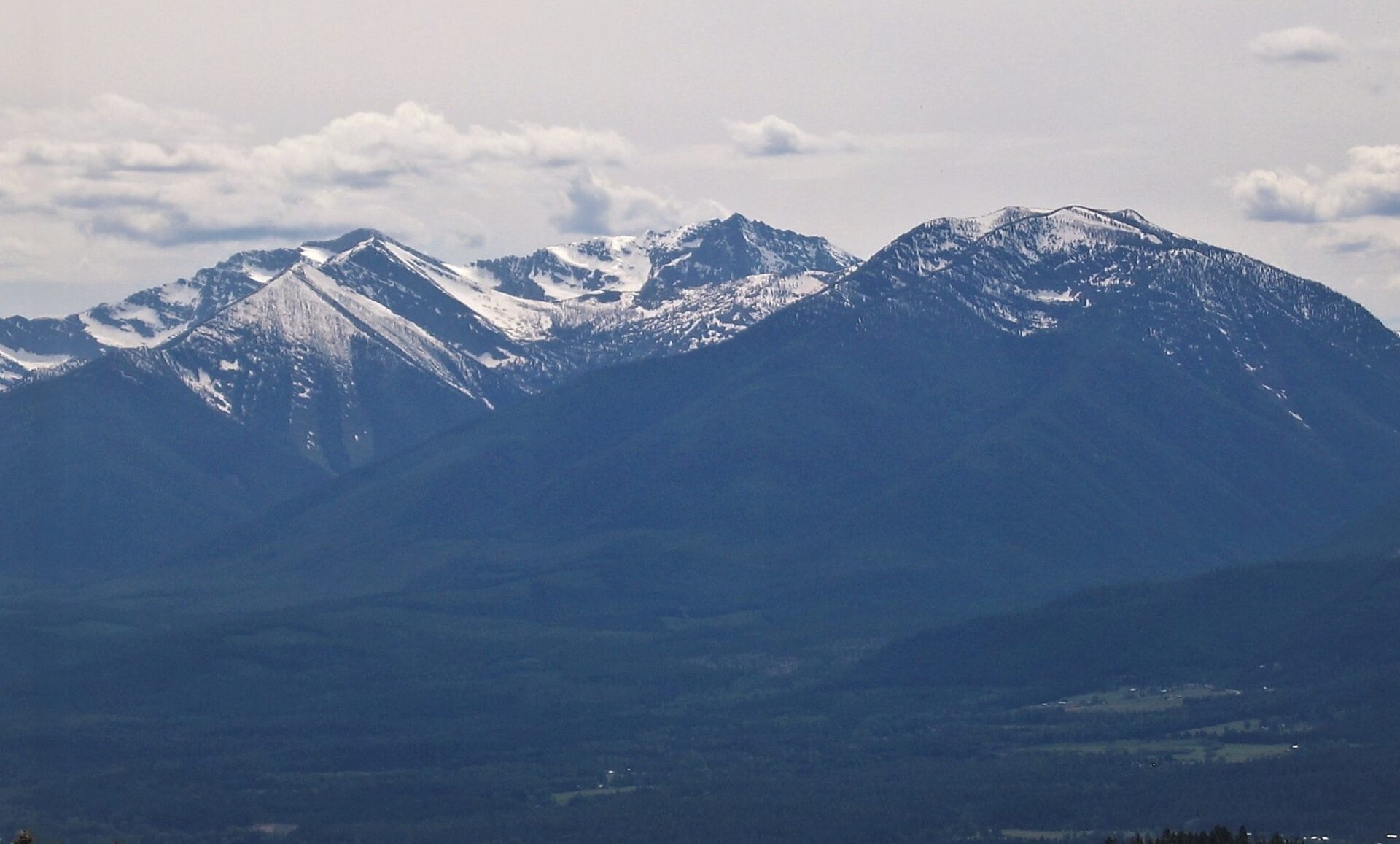LIBBY — The U.S. Forest Service has approved a 16-year copper and silver exploration project southwest of Libby, delivering a victory to Montana’s congressional delegation after months of lobbying federal agencies.
The Libby Exploration Project, operated by Hecla Mining Company, received final approval in October following a February letter from Montana’s entire congressional delegation urging swift action on the proposal.
“The Libby Exploration Project will provide good-paying Montana mining jobs without harming our beautiful lands and will help unlock the high value of world class copper and silver,” Senator Steve Daines said in a statement celebrating the approval.
Economic Impact for Lincoln County
The project promises significant economic benefits for the Libby area. During the initial two-year phase involving dewatering and rehabilitation of an existing underground tunnel, the operation will employ 6 to 10 workers. The main exploration phase, lasting up to six years, will create 30 to 35 jobs.
According to Forest Service documents, MMC estimates hiring locally when possible, with an expected 80 percent local hire rate. The company will conduct exploration activities seven days per week in two 10-hour shifts.
The project involves exploring what mining officials describe as “world class” copper and silver deposits in the Cabinet Mountains. The exploration will take place underground, extending an existing tunnel system by approximately 4,200 feet and creating lateral tunnels for mineral sampling.
Environmental Safeguards Built In
Forest Service officials concluded the project will have minimal environmental impact after reviewing extensive studies. All surface activities will occur on private land in previously disturbed areas, with no new disturbance planned on federal land.
The project includes several environmental protections:
- All waste rock will be stored in lined facilities to prevent contamination
- Water from underground operations will be treated before discharge
- Seasonal road closures will continue to protect grizzly bear habitat during spring months
- Underground exploration will remain at least 1,000 feet from Rock Lake in the Cabinet Mountains Wilderness
“The project will implement applicant-committed environmental protection measures and protective design features to avoid and minimize adverse impacts to natural resources,” Forest Supervisor Chad Benson wrote in the decision notice.
Years of Political Advocacy
The approval represents the culmination of sustained political pressure from Montana’s federal delegation. In February, Senators Daines and Sheehy, along with Representatives Ryan Zinke and Troy Downing, sent a formal letter to Forest Service Chief Randy Moore emphasizing the project’s “longstanding community support” and “potential economic and employment benefits.”
Daines had previously advocated for the project in Senate Energy and Natural Resources Committee hearings, calling attention to Montana’s mining potential and the need to develop domestic mineral resources.
“President Trump’s administration has proven yet again that they are committed to protecting Made-In-Montana energy and supporting Montana miners,” Daines said, linking the approval to broader energy policy goals.
Technical Details
The exploration project will focus on copper and silver deposits located in rock formations beneath several hundred to 3,000 feet of surface cover. The company will use the existing Libby Adit, a tunnel system originally developed in the late 1980s before operations ceased in the early 1990s.
Underground drilling will be conducted from approximately 35 stations located in tunnels above the mineral zone. The operation will not breach the surface, with all drilling remaining at least 500 feet below ground.
Water management represents a key component of the operation. The company will pump groundwater from the underground workings to a treatment plant capable of processing up to 500 gallons per minute before discharge to a percolation pond.
Road Access and Community Impact
The project will use existing Forest Service roads, with year-round access along Libby Creek Road and Upper Libby Creek Road. Seasonal closures restricting public access from April 1 to May 15 will continue to protect wildlife during critical spring months.
Traffic will increase modestly, with an estimated 1,760 round trips per year during the initial phase and 2,490 trips annually during peak exploration. The company has committed to a 25 mph speed limit on forest roads and consolidated supply deliveries to minimize traffic impacts.
Long-term Timeline
Following exploration activities, the company will spend three years reclaiming and closing the site, followed by five years of environmental monitoring. The total project timeline extends 16 years from initial approval.
The project represents a significant test case for mineral development in northwest Montana, balancing economic opportunity with environmental protection in an area known for its pristine wilderness and outdoor recreation.
